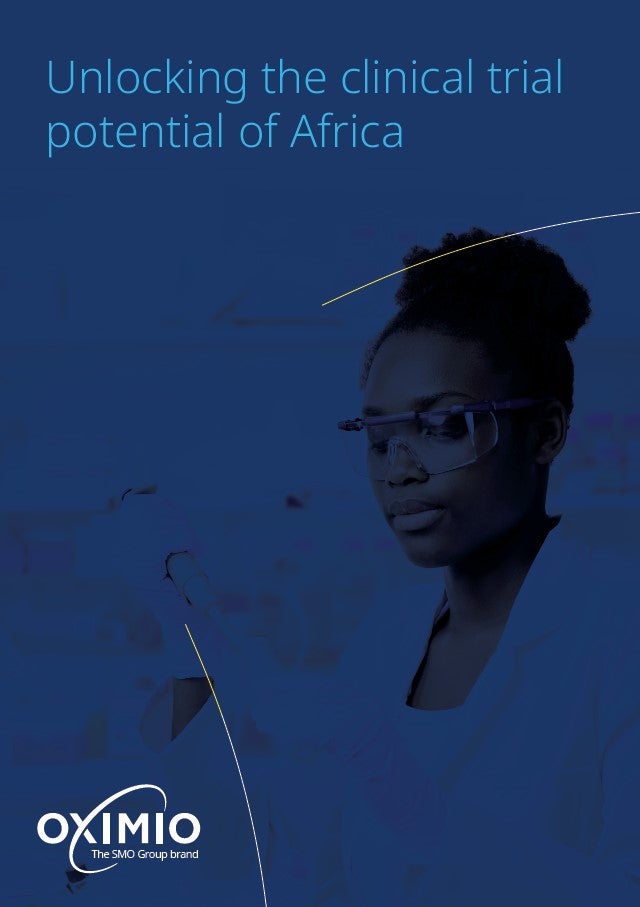
Trevena has reported positive results from a proof-of-concept (PoC) clinical trial where its new AT1 receptor-selective agonist, TRV027, was well-tolerated in hospitalised Covid-19 patients.
TRV027 is being analysed as a potential therapy for acute lung injury which causes acute respiratory distress syndrome (ARDS) and abnormal blood clotting in Covid-19 patients.
According to the trial data, TRV027 offered preliminary evidence of its potential to boost biomarker and clinical endpoints linked to disease severity and progression.
Imperial College London in the UK funded and led the trial, which received further support through the British Heart Foundation Imperial Centre for Research Excellence Award.
Mean change from baseline D-dimer levels at three days was the trial’s primary goal.
How well do you really know your competitors?
Access the most comprehensive Company Profiles on the market, powered by GlobalData. Save hours of research. Gain competitive edge.

Thank you!
Your download email will arrive shortly
Not ready to buy yet? Download a free sample
We are confident about the unique quality of our Company Profiles. However, we want you to make the most beneficial decision for your business, so we offer a free sample that you can download by submitting the below form
By GlobalDataD-dimer is a biomarker used to assess the risk of abnormal clotting in the vascular system.
The rise in circulating D-dimer in Covid-19 patients is known to be a precise predictor of critical disease progression and mortality.
Nearly 70% of the subjects receiving TRV027 had a decline in circulating D-dimer as against 27% in the placebo arm.
Furthermore, TRV027 was linked to a 92% probability of a potential advantageous therapy effect based on a Bayesian model analysis recommended by the Data Monitoring and Safety Committee (DMSC) of the trial.
A post hoc analysis showed that subjects in the TRV027 arm had a 12-day reduction in the average length of hospital stay versus placebo while the median reduction was four days.
Trevena CEO president and Carrie Bourdow said: “I am pleased to announce the results from this analysis, which provide initial evidence of the therapeutic potential of TRV027 to improve Covid-19 patient outcomes.
“With the ACTIV and REMAP-CAP Covid-19 platform trials currently evaluating TRV027, and data expected as early as mid-2022, we look forward to building upon these promising results.”
The DMSC analysed the data in March and found no safety or efficacy concerns and recommended advancing TRV027 to a larger and wider trial with clinical efficacy outcomes.
In addition, the DMSC advised closing subject recruitment at the interim analysis enrolling nearly 30 patients before reaching the target required to analyse statistically significant therapy differences.
Currently, TRV027 is being analysed in two global, multi-site, multi-arm efficacy studies, namely the ACTIV-4 Host Tissue trial in the US and the REMAP-CAP trial in the UK.
In July, Trevena reported that the first subject was enrolled in the US National Institutes of Health (NIH)-funded ACTIV-4 Host Tissue trial of TRV027 for Covid-19.




